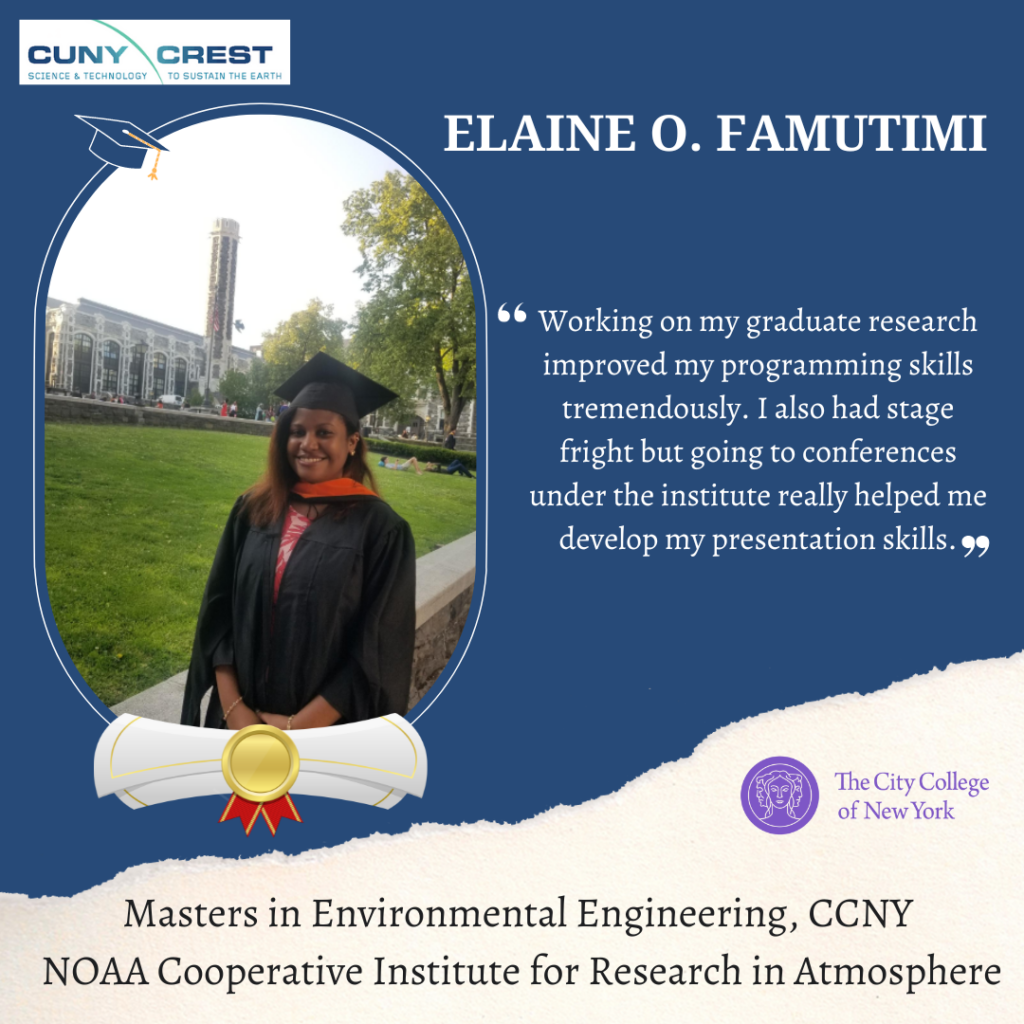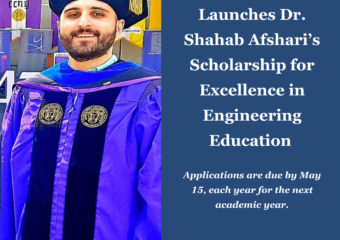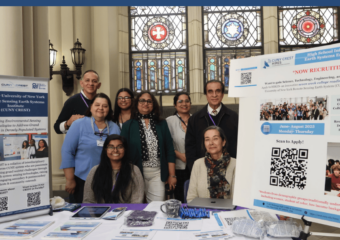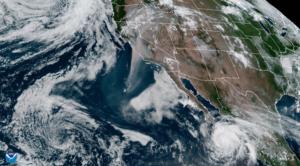CUNY CREST’s Graduate Researcher, Elaine O. Famutimi Graduates with a Master’s in Environmental Engineering from the City College of the CUNY
CUNY CREST Graduate Researcher funded by NOAA Cooperative Institute for Research in Atmosphere (CIRA), Elaine O Famutimi graduated with a Master’s in Environmental Engineering from the City College of the City University of New York. Elaine’s research was titled, Forecasting Solar Radiation over Puerto Rico using the Extra Trees Machine Learning Algorithm. She conducted the research under CUNY CREST Faculty Mentor and Associate Professor of Civil Engineering at CCNY, Dr. Nir Krakauer and Colorado State University’s Research Associate III, Dr. Matthew A. Rogers.
Commenting on her achievement, Elaine said, “I feel extremely proud of myself for graduating with a master’s degree. I have been at CCNY since my undergrad degree and it was a great experience. I wouldn’t have been able to get where I am without the help of all the patient professors I have come across.”
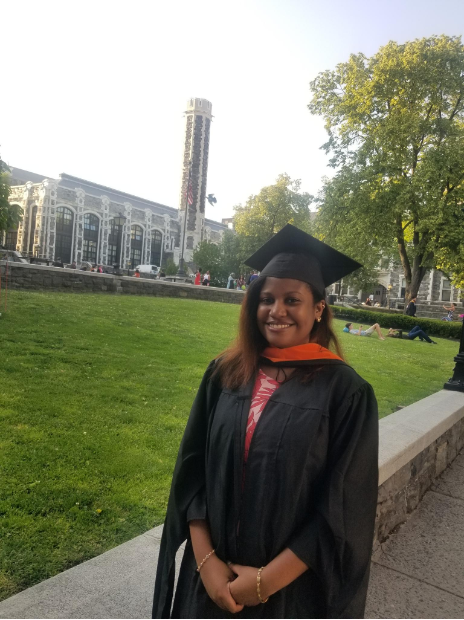
The purpose of Elaine’s research was to forecast solar radiation over Puerto Rico using the extra trees machine learning algorithm. She explained, “Puerto Rico’s power grid is damaged during hurricanes and tropical storms, leaving many without power for long periods of time. Switching Puerto Rico to photovoltaic solar power would require solar energy operators to predict dips in solar energy for proper management. That would require predicting a forecast for 1-3 hours ahead, and studies have shown that machine learning has been useful for that purpose.”
During her research, Elaine developed a time series model using the extra trees machine learning algorithm and compared it to the existing model CIRACast from NOAA CIRA. The results showed that the model did better in forecasting at one-and three-hour lead times than the CIRACast. However, Elaine emphasized that more data needs to be added for proper validation.
Expressing her gratitude towards the CUNY CREST Institute, Elaine said, “Working on my graduate research improved my programming skills tremendously. I also had horrible stage fright, but going to conferences and representing the institute really helped me develop my presentation skills.”
During her academic journey, Elaine faced challenges that she overcame with dedication and perseverance. She said, “The finals of my second semester at graduate school were very challenging. I was taking extremely difficult classes but I got through the semester by working hard and staying focused, even burning the midnight oil for two weeks.”
Elaine’s post-graduation plans involve working in the STEM industry, perhaps in data science, remote sensing or climate science. She added, “I hope to pursue a PhD at some point.”

